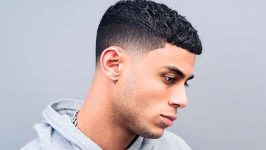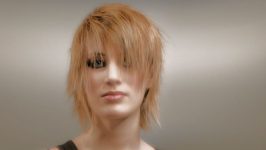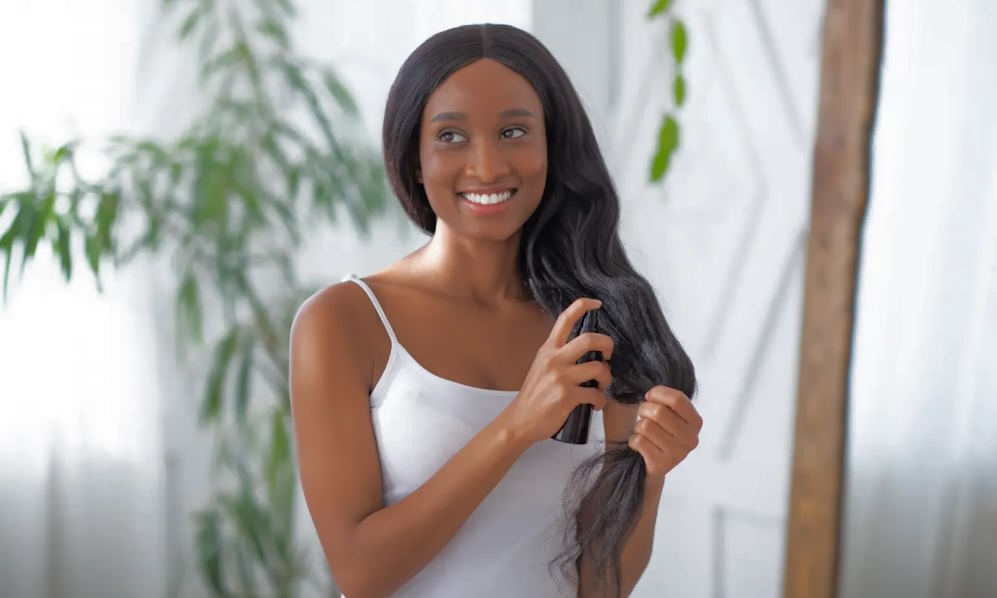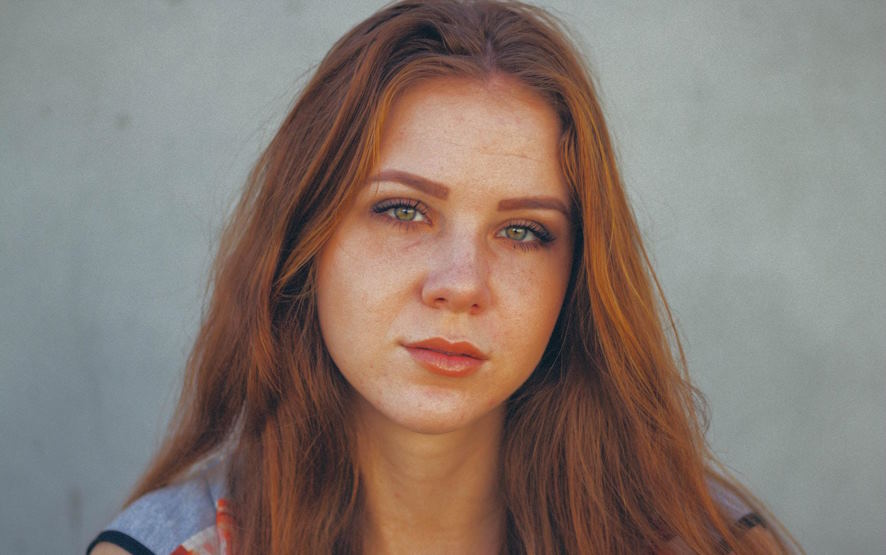
The Psychology of Hair: How Your Hairstyle Affects Your Confidence
Beyond mere aesthetics, hairstyles possess the remarkable ability to shape our self-image, influence our interactions, and even inspire personal transformation. As we navigate the historical, cultural, and psychological dimensions of hair, we unravel the intricate relationship between our locks and our innermost feelings of empowerment.
The Psychological Impact of Hairstyles on Self-Confidence
The role of self-image in shaping confidence levels
Our self-image acts as a mirror reflecting how we perceive ourselves and, subsequently, how we interact with the world. Remarkably, our choice of hairstyle can wield a profound influence on this self-image. The way we present ourselves to others through our hair becomes intertwined with how we view ourselves internally. A flattering hairstyle can enhance our self-esteem, making us feel more attractive and capable, while a style that feels incongruent with our identity might lead to self-doubt.
How hairstyle choices contribute to self-perception
Our hairstyle is more than just a physical attribute – it’s a statement of who we are and how we want to be seen. The decision to rock a bold buzz cut or let our curls cascade freely is a conscious choice that aligns with our inner perception. It’s a way of declaring our identity to the world, and this alignment between our external appearance and internal identity can significantly boost our self-perception and, consequently, our confidence.
Research findings on the link between hairstyles and self-esteem
Numerous studies have underscored the intricate connection between our hairstyles and self-esteem. Research consistently shows that a favorable hairstyle choice can lead to increased feelings of self-assurance and improved overall mood. A study published in the Journal of Applied Social Psychology revealed that participants who were satisfied with their hair felt more positive about themselves and had a heightened sense of confidence in social situations. This correlation suggests that when we feel good about our hair, we’re more likely to exhibit greater self-assuredness across various aspects of our lives.
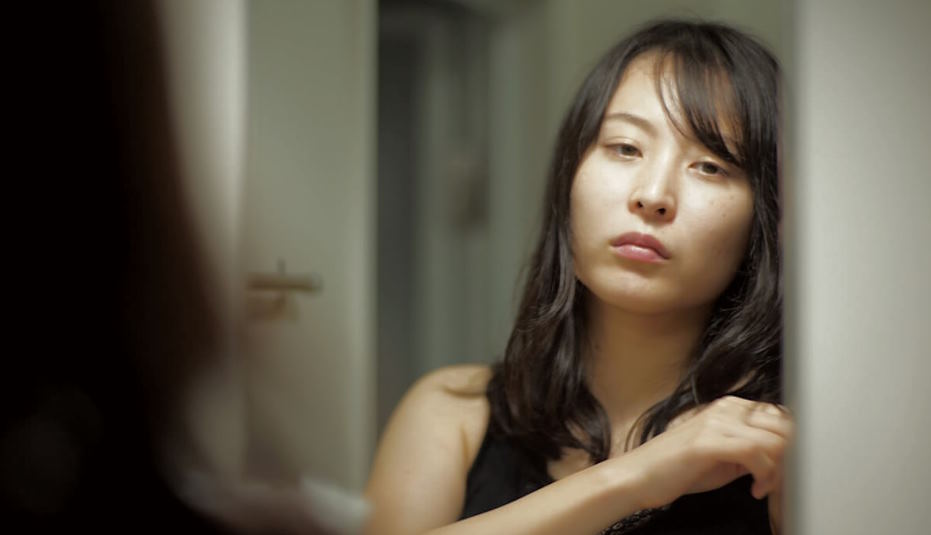
Hair and Identity: Expressing Personality and Belonging
Hairstyles as a means of self-expression
In the grand tapestry of self-expression, our choice of hairstyle is a vibrant thread that we weave into the narrative of who we are. Every curl, every sleek line, and every bold color choice becomes a language through which we communicate our individuality to the world. Our hairstyle is a canvas that allows us to display our creativity, values, and even our mood, offering a window into our innermost thoughts without uttering a word.
The connection between hair choices and personality traits
It’s fascinating how our chosen hairstyle can serve as a visual cue for our personality traits. Whether it’s the audacity of a mohawk reflecting daring or the elegance of a classic bob exuding sophistication, our hair choices often mirror our inner qualities. Psychology has explored the intriguing interplay between hair and personality, revealing that those who opt for more unconventional styles may possess a sense of adventure, while those who prefer conservative looks might resonate with a more pragmatic demeanor.
Group identity and belonging reflected through hairstyles
Beyond individual expression, our hair choices also tap into a collective sense of belonging. Hairstyles often carry cultural, social, or subcultural significance, acting as a uniform that connects us to groups or communities. From traditional tribal hairstyles to punk-inspired mohawks, these choices can signify shared values, beliefs, or ideologies. Sporting a particular hairstyle can make us feel like part of a larger narrative, offering a sense of camaraderie and shared identity.

Psychological Factors in Hair-Related Confidence
Body image issues and their connection to hair
The relationship between hair and body image runs deeper than mere aesthetics. Our hair is an extension of our physical identity, and how we feel about it can influence our overall body image. Struggles with body image can translate into hair-related insecurities, affecting our self-confidence. If we perceive our hair as not conforming to societal ideals, it can exacerbate feelings of dissatisfaction with our overall appearance.
The role of compliments and social validation
Compliments on our hair can wield a significant impact on our self-confidence. Positive feedback reinforces our perception of our hair as an asset, boosting self-esteem. Additionally, social validation plays a role in shaping our confidence. When our hair aligns with current trends or garners attention, it can affirm our choices and elevate our sense of self-worth.
Coping with hair-related insecurities
Hair-related insecurities are more common than we might think. Coping with these insecurities requires a blend of self-compassion and reframing our perspective. Seeking support from loved ones or professionals, focusing on the aspects we appreciate about our appearance, and practicing self-care routines can help us manage these insecurities. Moreover, acknowledging that beauty standards are diverse and embracing our uniqueness can aid in building a more resilient self-image.

